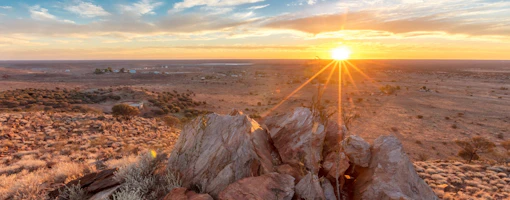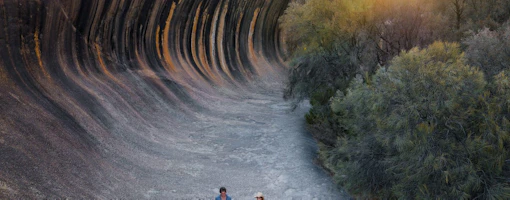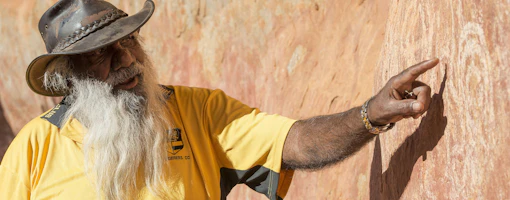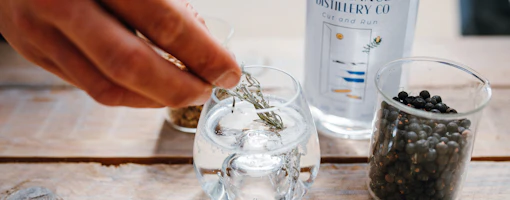
Health & Safety
- Plan
- Health & Safety
Here are some health and safety tips to ensure you have an enjoyable, trouble-free holiday in Western Australia's Golden Outback. While Australia is considered to be a very safe country, it is still wise to avoid dangerous situations.
Healthy travelling
Always carry adequate supplies of water and a comprehensive first aid kit. Mosquitoes can carry diseases such as encephalitis and Ross River fever. Use appropriate insect repellents and cover arms and legs with loose clothing, particularly at dawn and dusk.
Personal safety tips
While Australia is considered to be a very safe country, it is still wise to avoid dangerous situations.
- Avoid dark public spaces when alone
- Avoid hitchhiking and never hitchhike alone
- Always let someone know where you are and where you are going
- Keep valuables out of sight and secure while travelling
- Drink alcohol in moderation
Bushfire safety
The hot and dry conditions in parts of Western Australia's Golden Outback mean there is a risk of bushfires. The lighting of fires can be extremely dangerous, so care should be taken at all times – a campfire should never be left unattended. Please help us protect our natural environment and follow the fire warnings. Safety information is available from Fire and Emergency Services Authority of Western Australia (FESA).
Bush survival tips
Some of the region's natural attractions lie in remote areas. Before heading off into the Australian outback, remember to:
- Let someone know your destination and schedule
- Carry extra water and food
- Carry a signal device, such as a flare or mirror
- Make sure you know how to use a 4WD
- Plan your route and take maps
- If your plans change, let someone know
- If possible, carry some form of communication equipment
- If you break down or get stuck
- Try to park so you can be seen
- Always stay with your vehicle
- Conserve your food and water
Sun protection
Travellers should always wear a wide brimmed hat, long-sleeved shirt, sunglasses and at least an SPF 15+ sunscreen when outdoors. It is also recommended that you drink at least two litres of water each day. Take extra care when outdoors between 10:00am and 3:00pm, when UV radiation is most intense. Seek shade to protect your skin from skin cancer and other sun damage.
Safety at the beach
- Always swim under supervision, or with a friend
- Read and obey the signs
- If you are unsure of conditions, don't swim
- Don't swim directly after a meal
- Don't swim under the influence of alcohol or drugs
- Don't run and dive in the water
- Conditions change regularly; check before you enter the water
- If you get into trouble in the water, don't panic - signal for help, float and wait for assistance
- Float with a rip current or undertow, do not try to swim against it
Emergency information
Fire/Police/Ambulance - 000
Fire/Police/Ambulance from GSM mobile phone - 112
Royal Flying Doctors Service (emergencies only) - 1800 625 800
Automobile Association of Australia - National Emergency Breakdown - 13 11 11
Information on road conditions, GPS co-ordinates and a trip distance calculator is available from Main Roads on 138 138, or visit www.mainroads.wa.gov.au
For a comprehensive list of hospitals in Western Australia's Golden Outback, visit the Department of Health.
National park passes can be obtained from the Department of Parks and Wildlife on (08) 9219 9000 or visit www.dpaw.wa.gov.au
To obtain permits for Aboriginal Lands, contact the Department of Planning, Lands and Heritage, or telephone (08) 6551 8000.




















